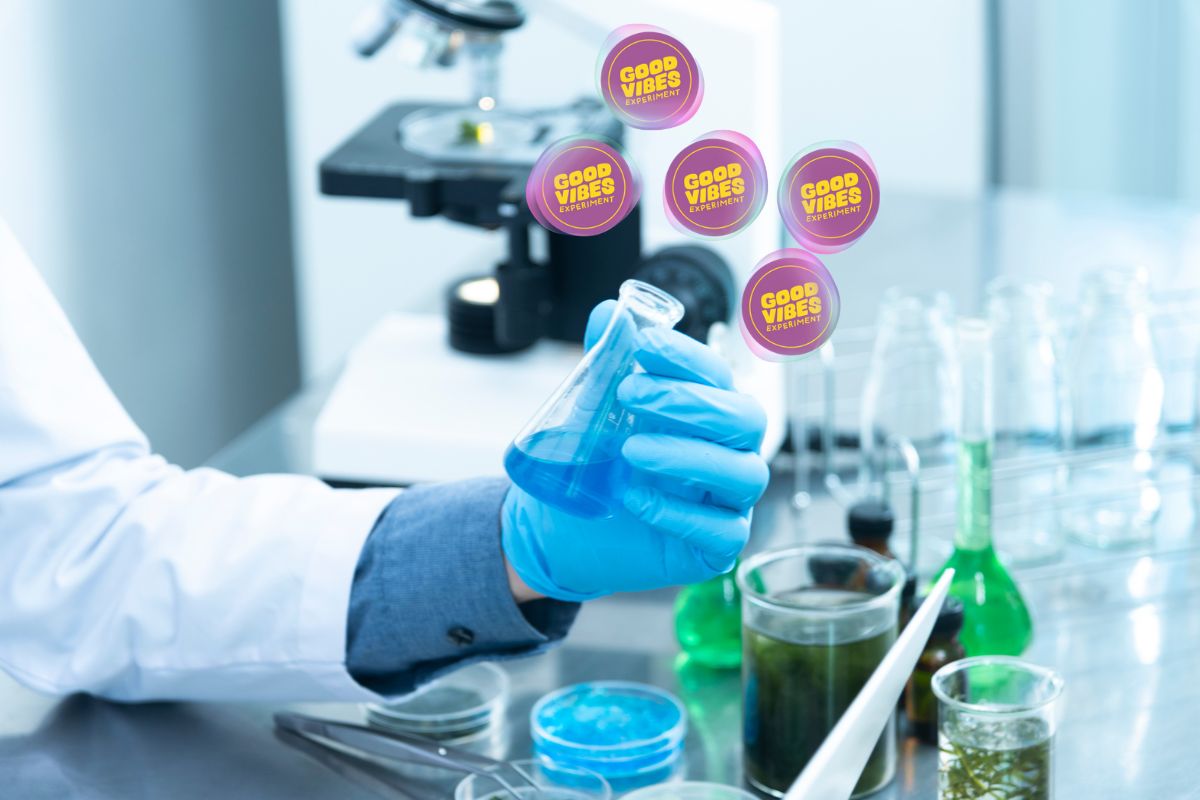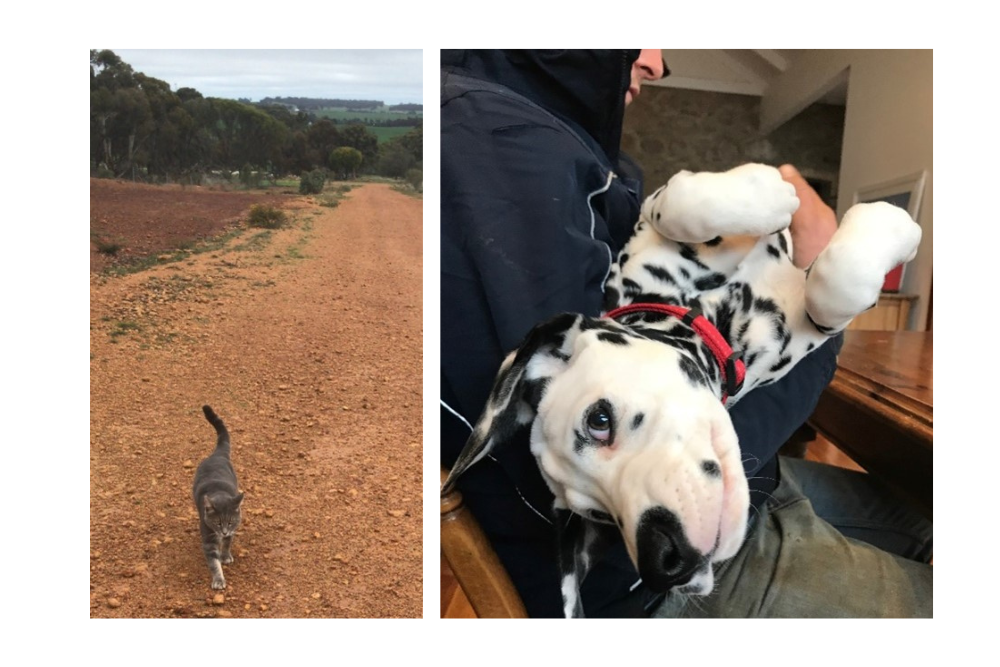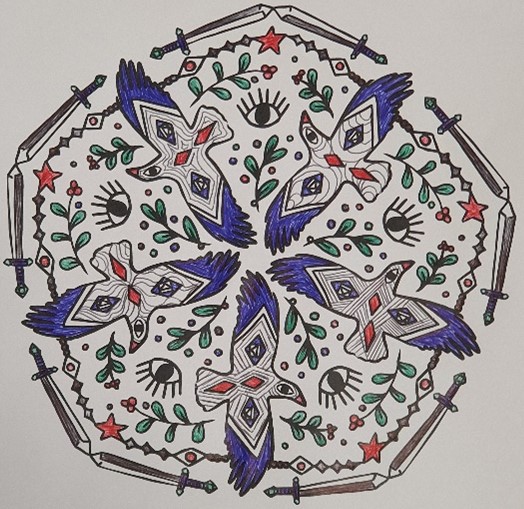
A couple of PhD students took on the Good Vibes Experiment, spending a week doing one of the exercises daily. In this post, they report back on the process, as well as the unique challenges they face as PhD students working in quite different circumstances. Reading time ~ 5 minutes.
Dr Amy Wyatt is a senior lecturer in Medical Biochemistry in the College of Medicine and Public Health. She also supports PhD students and helps support the Flinders Neurodivergent Study and Advocacy Group.
She challenged a couple of PhD students (Demi and Ellen) to try one activity from the Good Vibes Experiment Activity Book and they wrote up the results of their experiments in the following blog post. Much respect 🙏🏼 to the two students and to Amy for issuing the challenge. You see, whilst I was really happy with how the Good Vibes Experiment books worked out, I’ve not received much feedback from students on how they were to use. This feedback is incredibly valuable and I hope it inspires others to pick something from the book and see what impact it has.
Good Vibes Experiments by Demi and Ellen 🥼🧪
Any student who is undertaking a PhD would agree that it can be stressful and overwhelming at times. Developing healthy coping mechanisms and implementing them throughout your candidature can help avoid things like burnout or having to take stress leave.
Ellen and I are PhD students in the College of Medicine and Public Health undertaking two very different PhDs. Ellen works remotely from a farm in Western Australia, which means she faces some unique challenges…
“I find it really challenging to manage my time when I am constantly surrounded by distractions, like the constant pressure from the owners of the farm to help them out. One piece of advice is to make sure you don’t fall into the trap of overworking outside of your PhD. It’s crazy how much of an impact it can have on your ability to think and work! The other major challenge I’ve had is with technology. I really recommend making sure you have access to reliable technology (and other resources) before you need it, to prevent unnecessary delays.”
My PhD experience is very different to Ellen’s. I’m in the lab every day doing experiments and rarely work remotely. The challenges I face are a little different, but some are also similar! I definitely agree with Ellen about not taking on too much outside of your PhD. I find a more unique challenge to my type of PhD is when experiments fail. It can be very disheartening to work hard on something for it to not turn out how it should, so I think resilience is very important!
Ellen and I each selected an activity from the Good Vibes Experiment and did it daily for a week. We were keen to see if a small activity each day could help improve our mental wellbeing. Ellen chose the ‘find the funny in everyday’ activity…
“I thought it was something that wouldn’t take too much time or energy from me. Knowing that I was going to complete my ‘funny event log’ every night made me appreciate the funny moments throughout my day. Almost all my entries related to either my puppy (Murray) or my cat (Tim) doing something silly, or my partner cheering me up. This really helped put things into perspective and made me realise how lucky I am, which, eventually, reduced my stress too! Key highlights included Murray thinking he is a cat and trying to jump onto the table (but failing miserably), and Tim following me out for my morning walk (he made the whole 3km with only moderate complaining!)”
Ellen even sent in some super cute pics of the culprits for extra good vibes!

The activity I chose was ‘Mindful colouring’ because I thought it might give me a minute to clear my mind between experiments. I used the cute one from the book and coloured one section each day. Being in the lab, my colour palette consisted of red, black, green, and blue (from my trusty 4 colour pen). I found this activity helpful to just break the day up and reset my mind. Only colouring a small section each day also meant I wasn’t spending too much time on it and could easily do it in between experiments.

There are lots of free templates online that you can find just by googling. This website is also great https://www.supercoloring.com/collections/coloring-pages-for-adults!
If you’re struggling with uni, or life in general, we 100% recommend trying out some of the activities from the Good Vibes Experiment. Or check out some of the other amazing support from Flinders @ https://blogs.flinders.edu.au/student-health-and-well-being/ or https://oasis.flinders.edu.au/.

